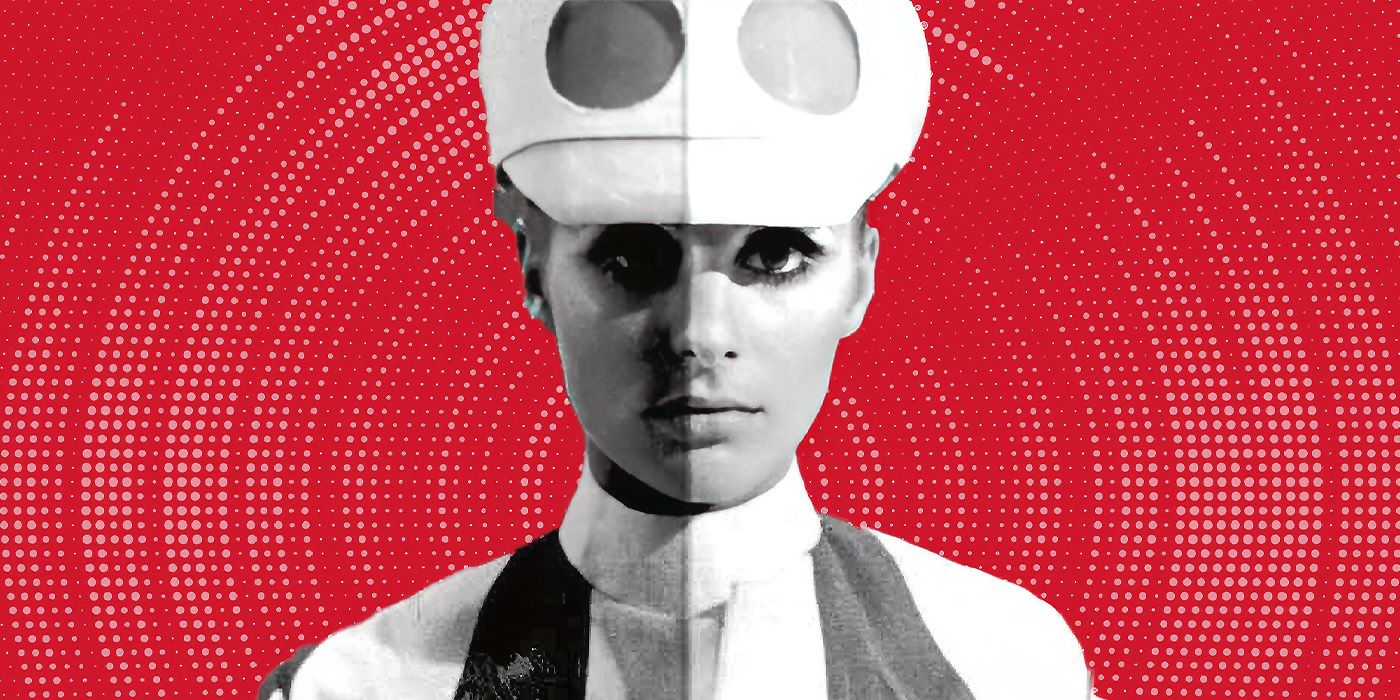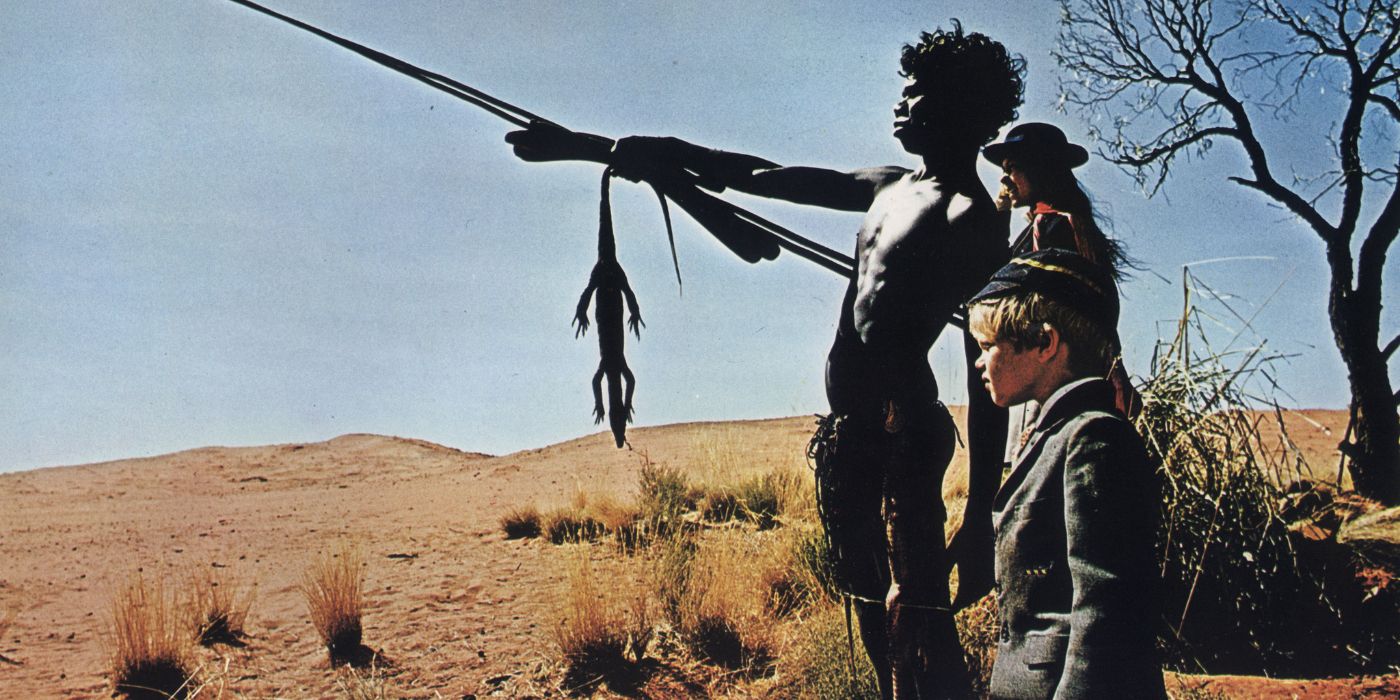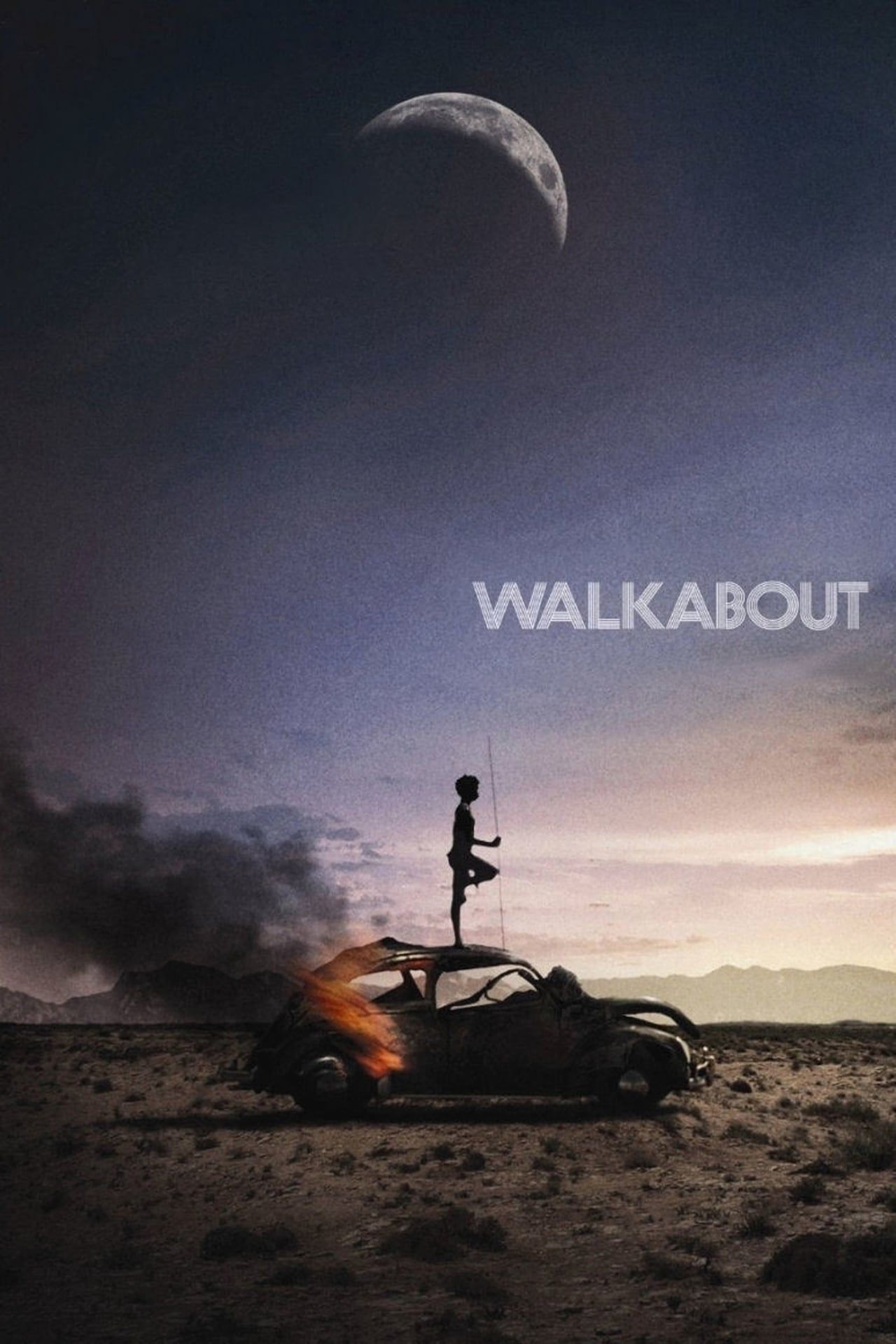Few films are as scary, strange and unforgettable as Nicolas Roegof Walk, which is now available to watch on Max. An early example of what would later be known as the Australian New Wave, it tells the story of three anonymous children from two very different walks of life and how their inability to overcome their differences leads to tragedy. As Roger Ebert wrote in his Great Movies review, it’s about “lives that are destroyed, in one way or another, because two people couldn’t come up with a way to make their needs and dreams clear.” In this way, it functions as a metaphor for our broader issues to communicate with each other across barriers of language, race, and culture.
‘Walkabout’ explores our inability to understand others
The plot of Walk is deceptively simple: a teenage girl (Jenny Agutter) and his younger brother (Greek Luke) travel to the Australian Outback for a picnic with their father (John Meillon). Suddenly, their father starts shooting at them before setting the car on fire and turning the gun on himself. The girl and boy are left to fend for themselves as they try to get back to Sydney. Along the way, they meet an aboriginal teenager (Image: Disclosure)David Gulpili) in a cultural rite of passage known as hiking, and he helps them survive in the wilderness. As the journey progresses, the girl becomes increasingly frightened by the Aboriginal boy, whose culture she never tries to understand.
Reading this description would make you think that Walk It’s an adventure story in the style Robinson Crusoe, while the city dwellers learn to live in nature with the help of their new friend. However, Roeg sees through these storytelling conventions something much darker. When the white girl and boy first meet the Aboriginal teenager, the girl is frustrated by his inability to understand English and asks where they can find water. Her brother finds a way to convey her request in a way he can understand, not because he is smarter than his sister, but because he is more open to communicating with people different from him.

Related
Roger Ebert called this seminal ’60s psychological thriller an “act of hypnotic conjuring”
Before Nolan there was…
The girl’s fear of the young Aboriginal man increases when they arrive at an abandoned farmhouse and he performs a courtship ritual for her. In any other film, this would be the moment the two would fall in love. Instead, she cannot understand what he is doing, and although she may share similar feelings for him, she tells her brother that they will leave the next morning without him. On the other hand, the aboriginal boy does not consider that his advances could bother her, especially because she does not understand the means by which he does so. What could have blossomed into a real connection is broken by an unwillingness to find a shared means of communication.
‘Walkabout’ uses fragmented storytelling techniques to convey the mysteries of memory
Roeg often played with time to keep the viewer off balance (see his horror masterpiece Don’t look now) and in Walk, he uses this technique to make us guess whether events are happening in the past, the present, in the characters’ imaginations, or in the memories of an adult woman (Hilary Bamberger) we keep seeing it all the time. But there is another point in its time jumps, which is to convey the cultural differences that separate and unite us. During one scene, the Aboriginal boy is hunting for food, and Roeg crosses paths with a butcher preparing meat in his shop. Later, he tries to catch a kangaroo for dinner and is almost run over by a jeep full of hunters, who want to kill the animal for sport. Depending on who you ask, one is considered civilized and the other is not.
Roeg offers no easy answers, but he shows the consequences of our inability to see our shared humanity. In the end, the Aboriginal boy hangs himself, unable to adapt to a rapidly changing world. Later, we see the grown-up girl living a seemingly comfortable life in an immaculate apartment, still thinking about her time in the Outback. Her mind returns to a day when she, the Aboriginal boy and her brother swam in a lake, enjoying the paradise she was so desperate to escape. If only she knew then what she knows now.
Walk is currently available to stream on Max in the US
WATCH AT MAX
#dream #epic #Roger #Ebert #called #great #films #Max

